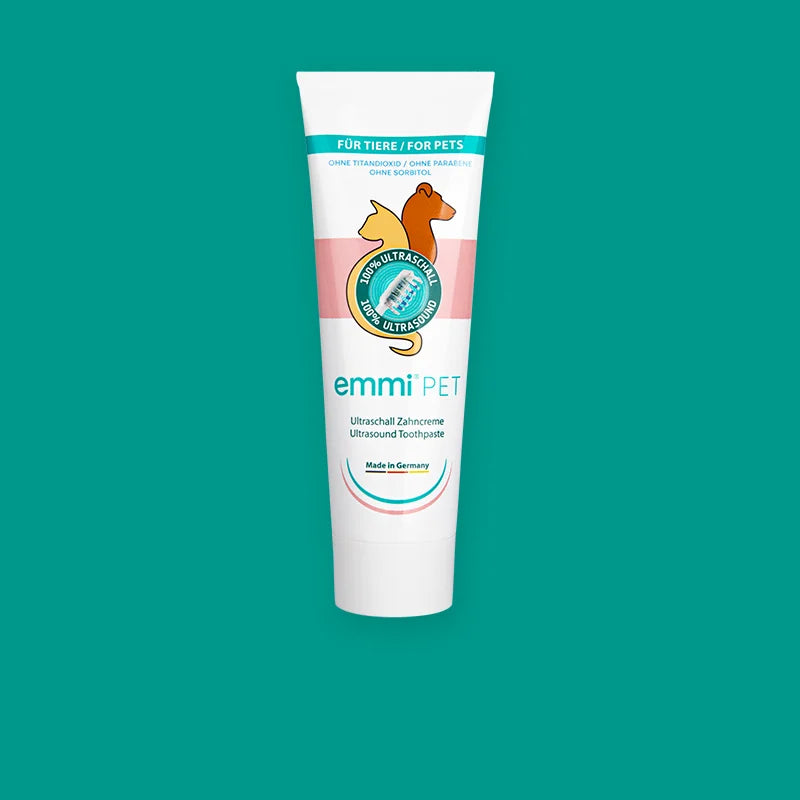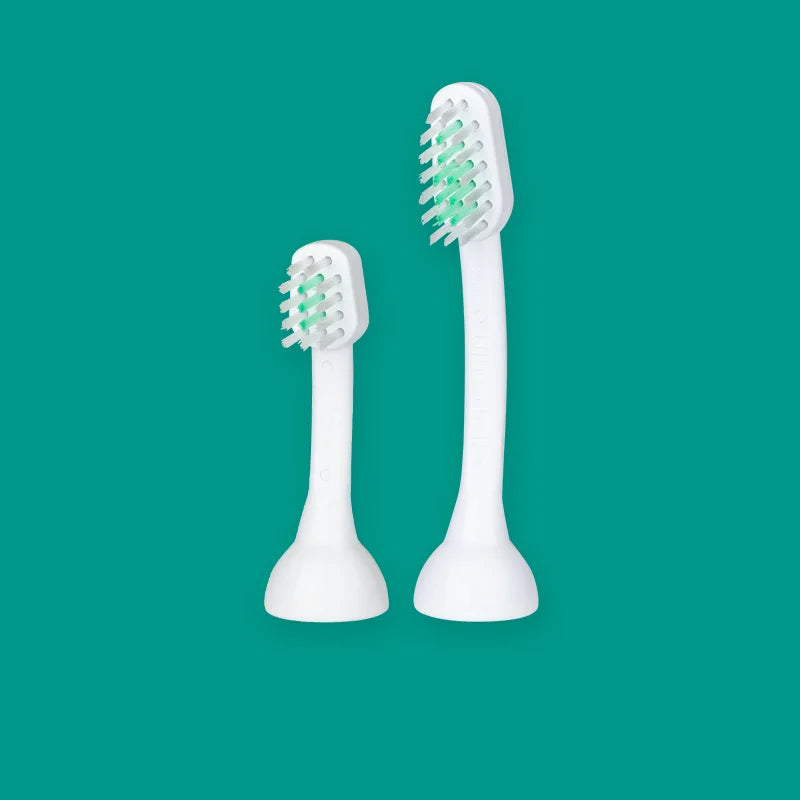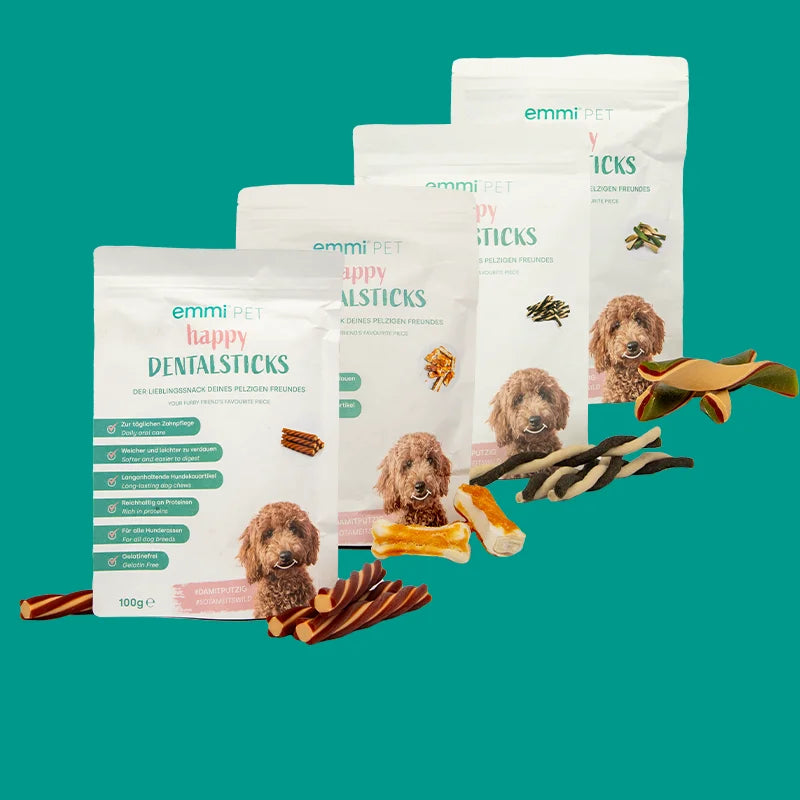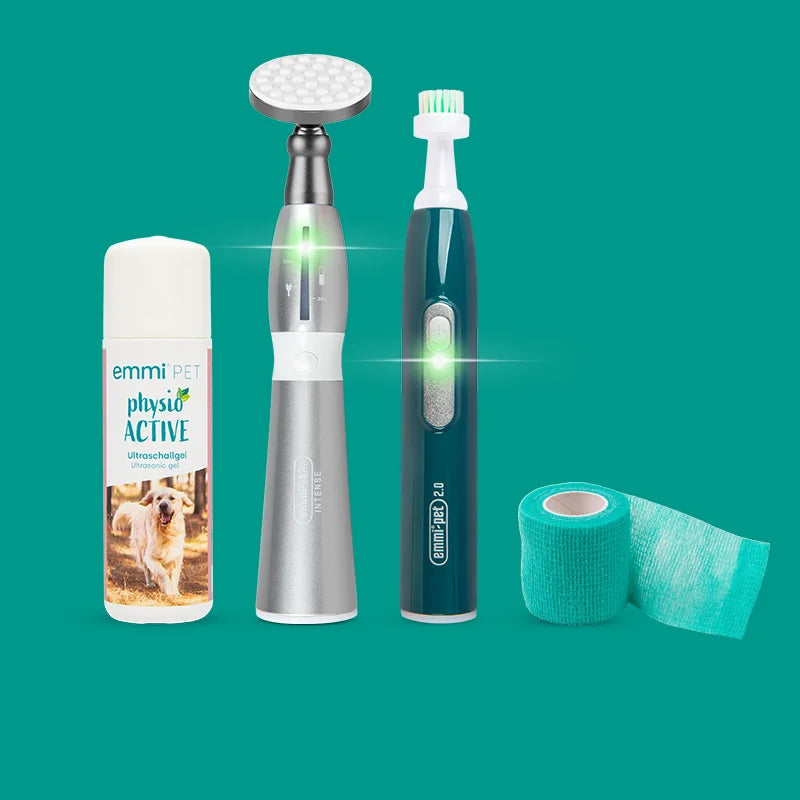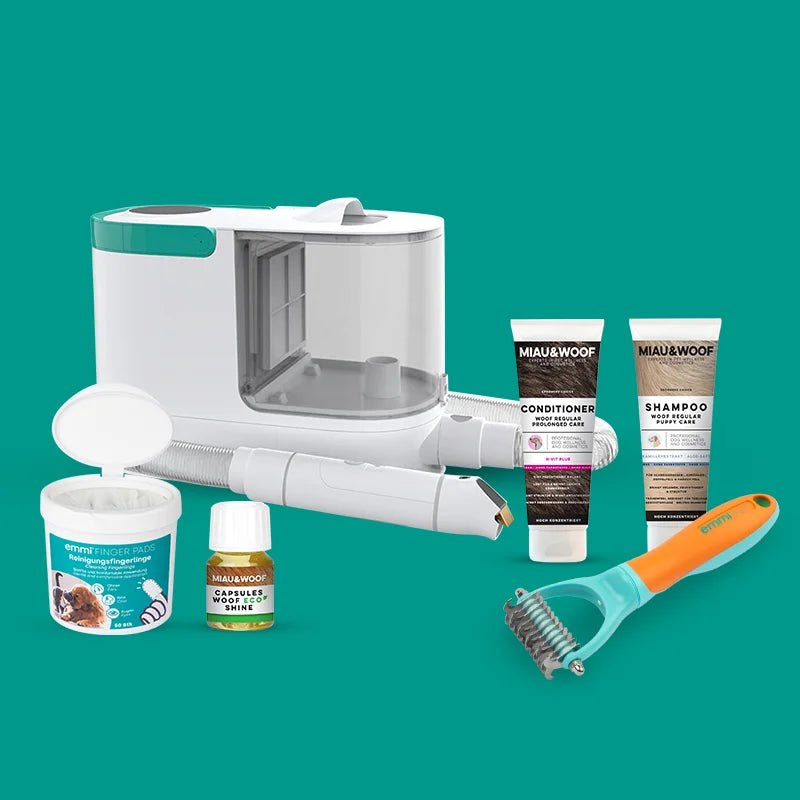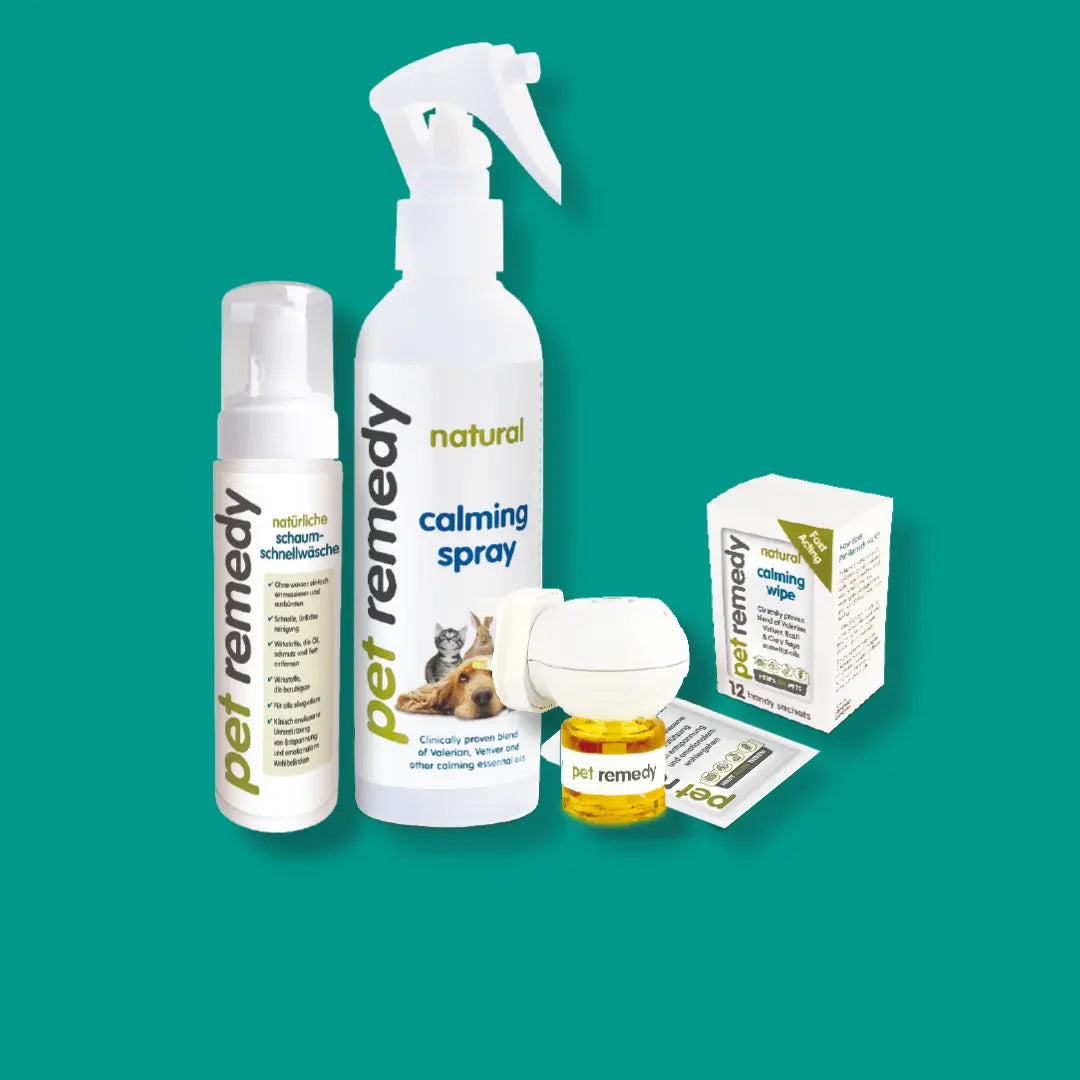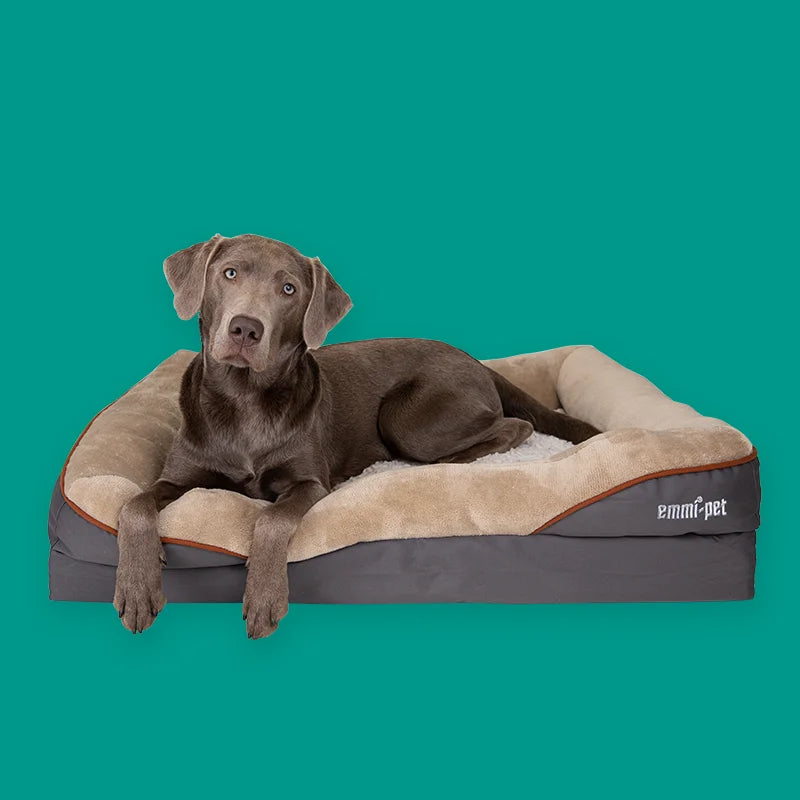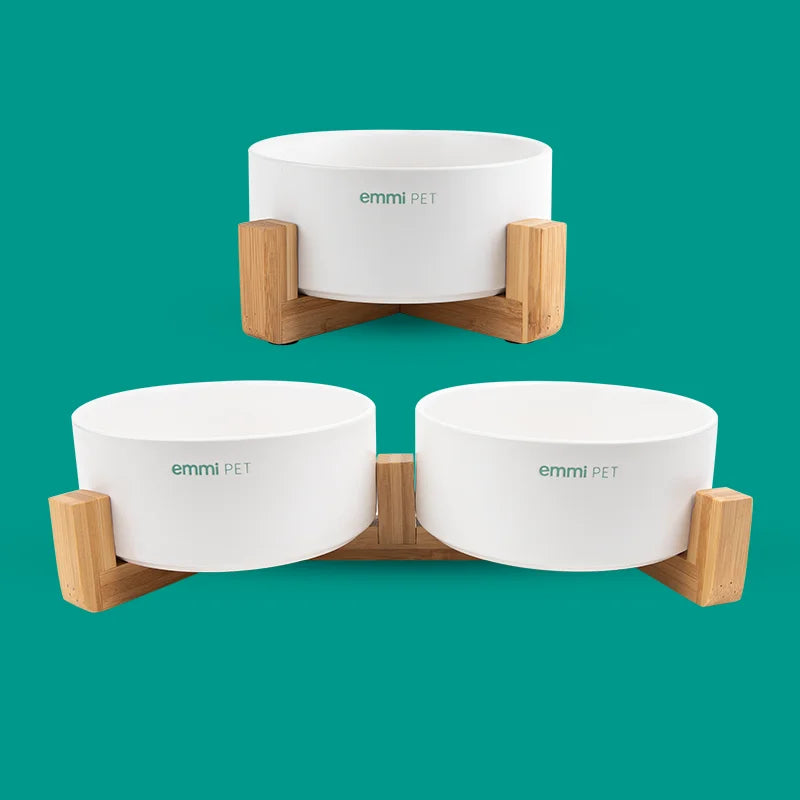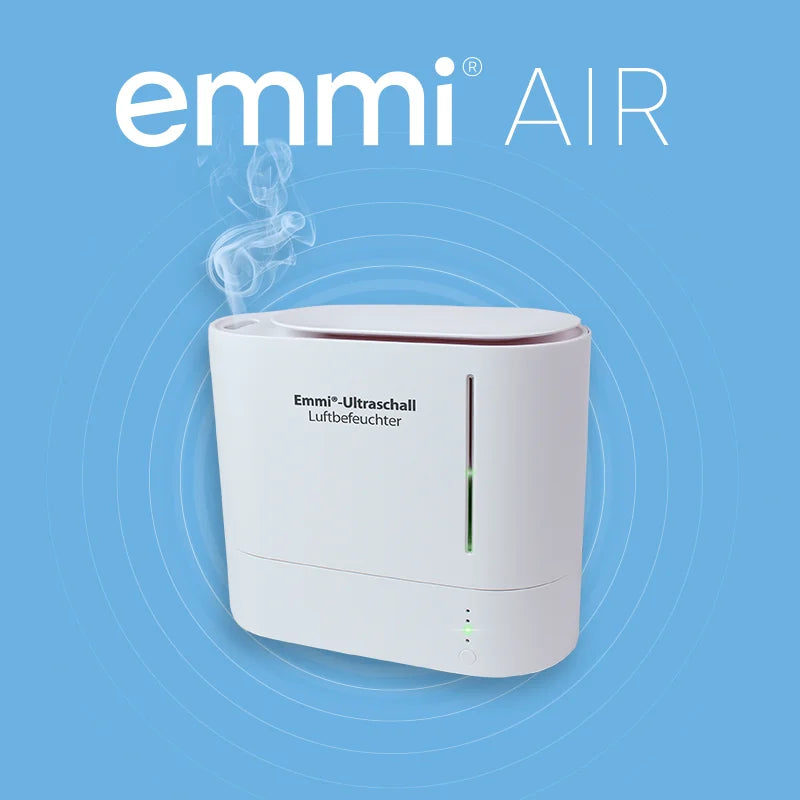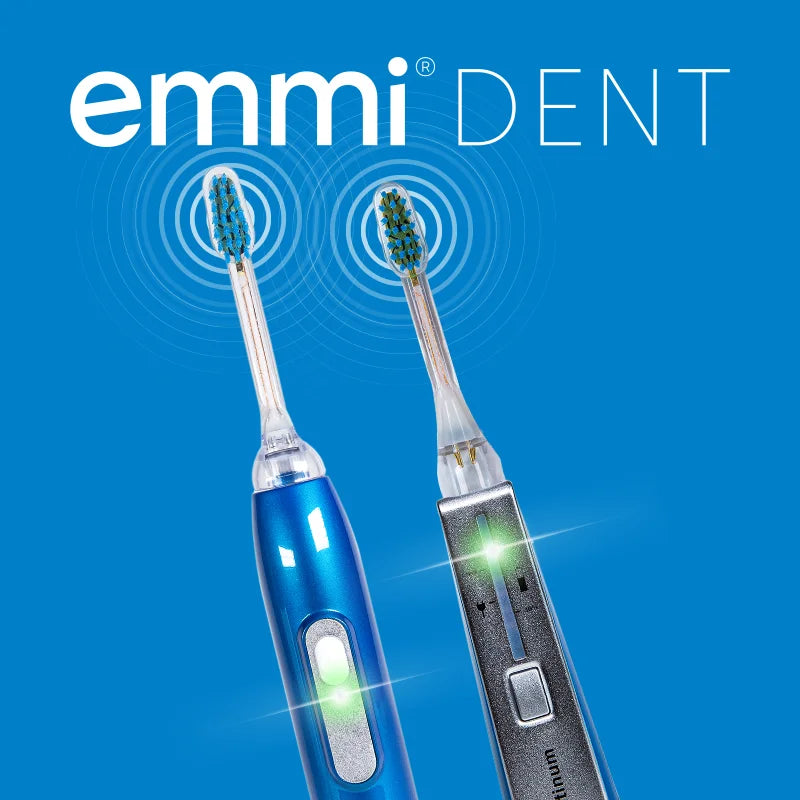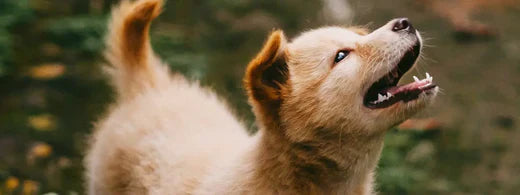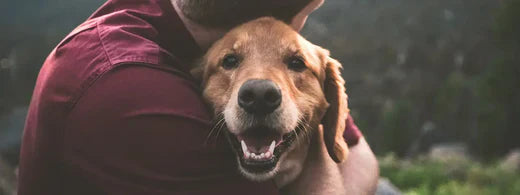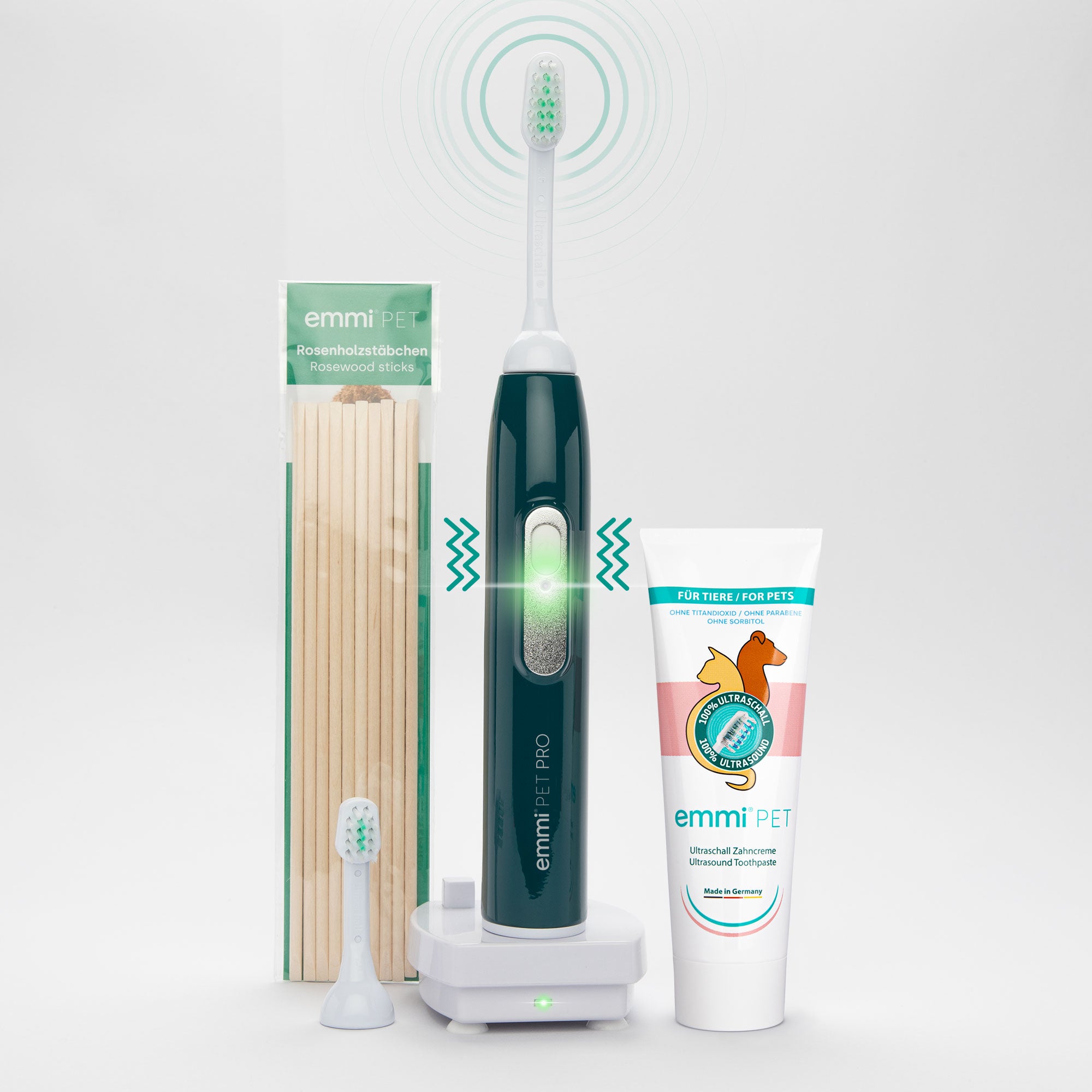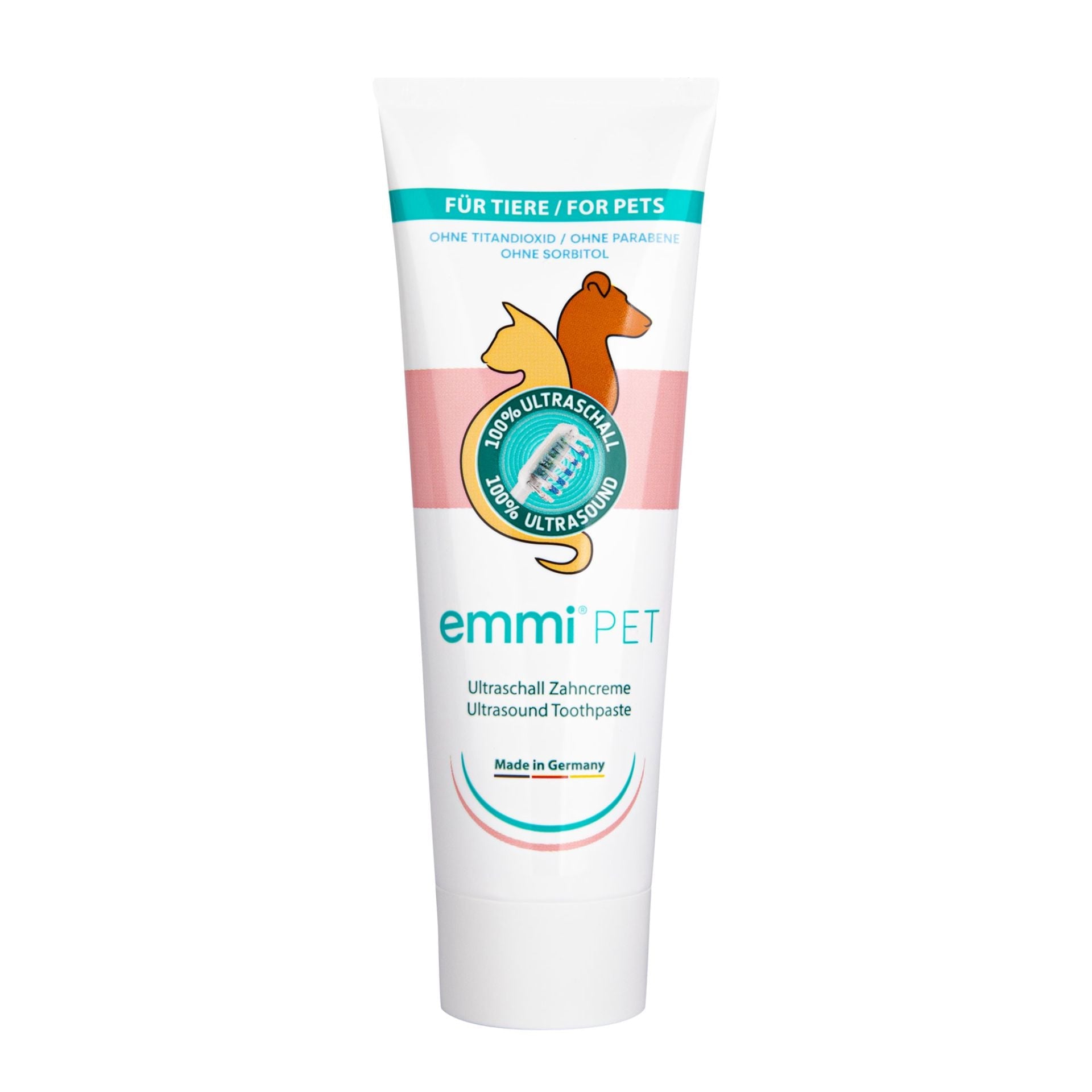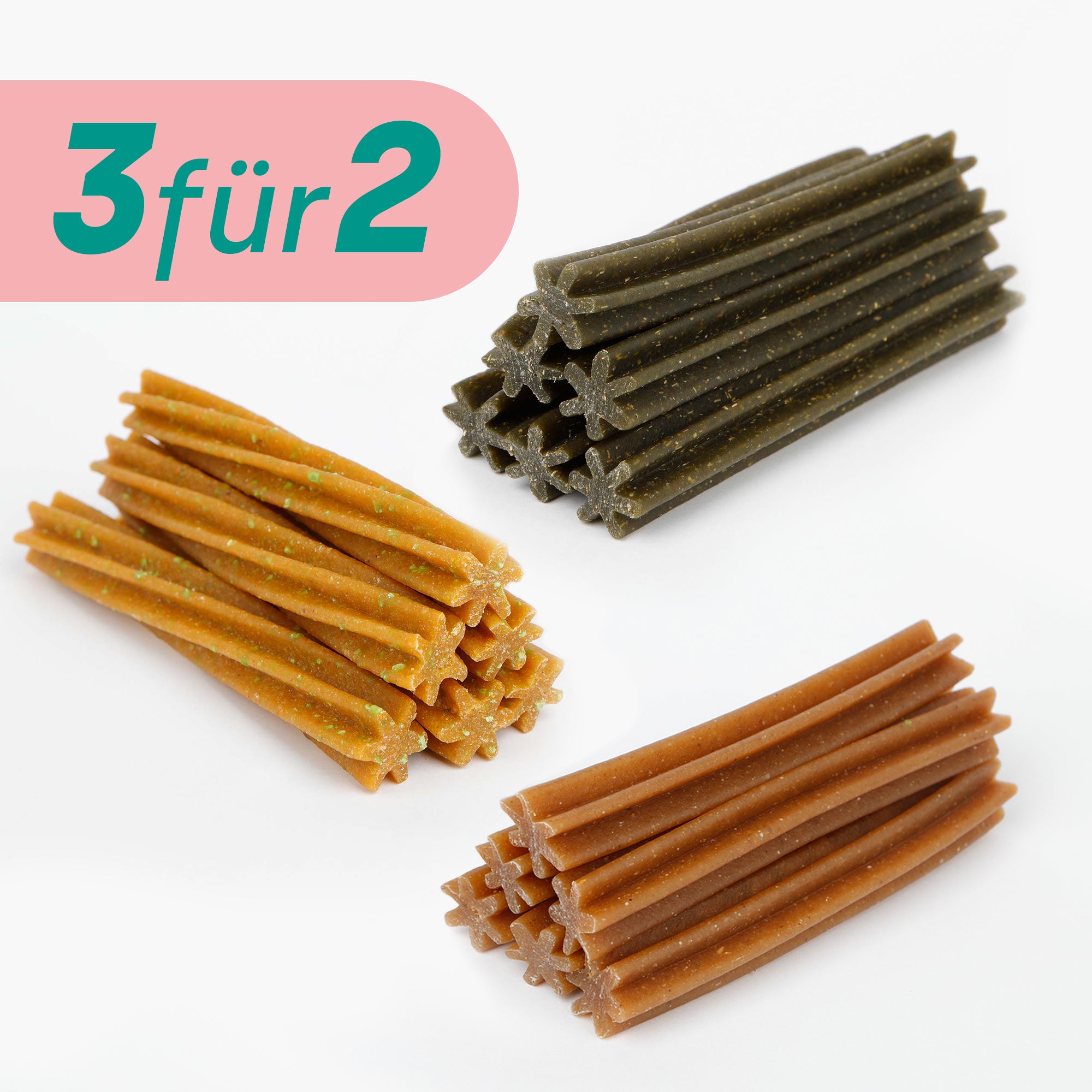Teething in puppies is a critical time in your dog's development. However, some dog owners barely notice this process, but then become very concerned when their little ones experience discomfort or even illness. In fact, there's a lot you can do to ease teething in puppies and thus support their health and well-being.
1. The development of dog teeth
Puppies typically begin to erupt their first baby teeth—a total of 28 in the upper and lower jaws—from the third week of life. However, these only last for four to seven months before the puppy teething process begins. The baby teeth gradually fall out and are replaced by new teeth. The complete change of teeth in puppies can take up to three months. The permanent dentition then consists of 42 teeth.
2. Possible problems with tooth development
As a dog loses its baby teeth and its permanent teeth erupt, its gums become susceptible to inflammation, which manifests itself primarily as pain, restlessness, and foul odor.
In addition to bad breath and dental disease, teething in puppies can be associated with many other problems. These include diarrhea and fever, weakness, and insomnia. Even stuck baby teeth can lead to complications that only a veterinarian can treat.
3. Teething in puppies – tips and tricks
However, there are many things you can do to support your puppy's teething process. First of all, it's important that your pet protects its teeth during this time. This means no fetch or tug-of-war games. As fun as these can be, you should protect the dog's mouth. You can even slightly chill chew toys before offering them to your pet to play with.
But high-quality wet food also contributes to easier teething in puppies.
The most important thing, of course, is regular dental checks and the use of an ultrasonic toothbrush to improve your pet's oral hygiene. Regular exposure to the problem areas can have a pain-relieving and blood circulation-stimulating effect. This makes teething easier for puppies and ensures a more relaxed time together.
4. Conclusion
The following things are important during the change of teeth in puppies:
1. Protect your dog’s teeth: only play and feed carefully
2. Check oral hygiene regularly
3. Care for the teeth, e.g., with an ultrasonic toothbrush for animals
4. If necessary, consult your veterinarian
Are you interested in dog dental care? Sign up for our newsletter now and learn everything you can do for your four-legged friend.

